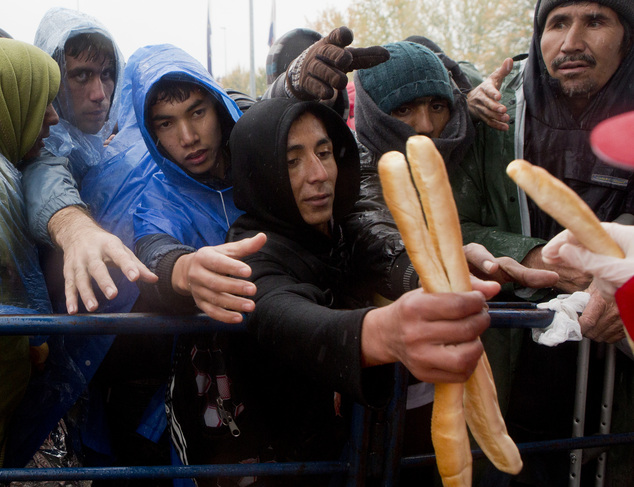Author: Kent Larsen
-
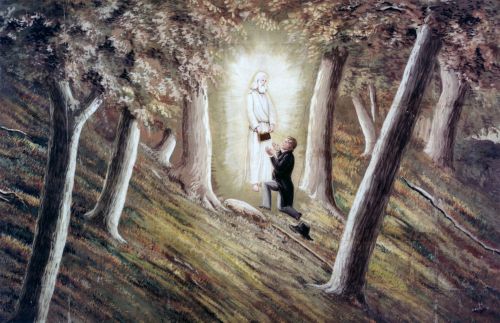
Lit Come Follow Me: D&C 2
This coming week’s Come Follow Me lesson discusses the events surrounding the coming forth of the Book of Mormon, including the visits of Moroni to Joseph Smith and the scripture’s translation and publication. Like other early events in the restoration, these events have been portrayed artistically many times, and will undoubtedly be portrayed many more…
-

Lit Come Follow Me: D&C —Joseph Smith History 1
In the second lesson for this year, the Come Follow Me curriculum turns to Joseph Smith-History in order to include a brief look (over two lessons) at the origins of the restoration. For most Church members, the story is very familiar, and the principles taught are well-covered material. And, as you might imagine, the events…
-
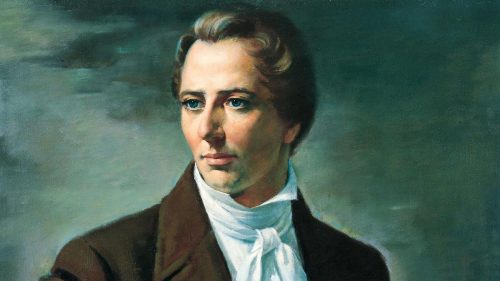
Lit Come Follow Me: D&C Section 1
The first section of the Doctrine and Covenants is meant to be its preface; an outline of both its reason for existing and its purpose. Presented at a conference of the Church in November, 1831, Section 1 was given and composed specifically because the church was compiling the revelations Joseph Smith had received and was…
-
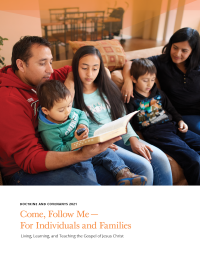
New Series: Literary Come Follow Me D&C
I’m launching a new series of posts with poetry to go with the 2021 Come Follow Me lessons for the Doctrine and Covenants
-

Eleusis and the Spanish-language LDS Novel
Some years ago I learned of and became fascinated with a 1976 Venezuelan LDS novel, La Puerta Azul, o Georgina Altamirano, La Venezuelana que se convirtió en Mormona. This autobiographical novel was written by the granddaughter of the “patriarch of Meridan Letters,” Tulio Febres Cordero. It also was the first long-form Latter-day Saint literary work I…
-
How Much Art Comes through Church
Think through this with me: How much art do we see through the Church or because of the Church? I’m talking about all forms of art; visual and performance, representative and symbolic, etc. and etc. What art is delivered to us by the Church? How much art is in our worship and lessons? What impact…
-
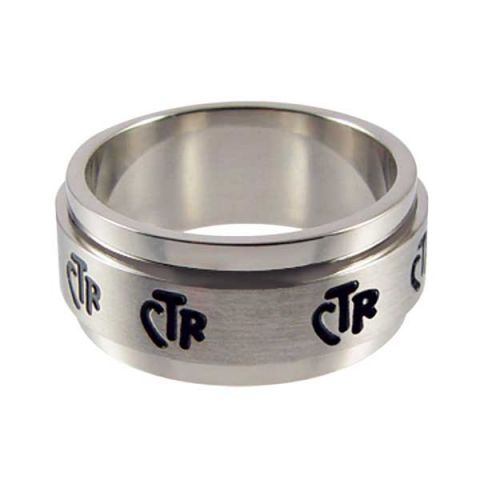
What are the New Roles for our Latter-day Saint Cultures?
We’ve all seen the changes. Two hour church. High Priests don’t meet separately. No more Scouts. Come Follow Me. Etc., etc., etc. Anyone with a serious continuing connection to the Church is still adjusting. And those adjustments include adjustments to our culture. You’ve probably seen the changes in culture. They include changes to our terminology…
-
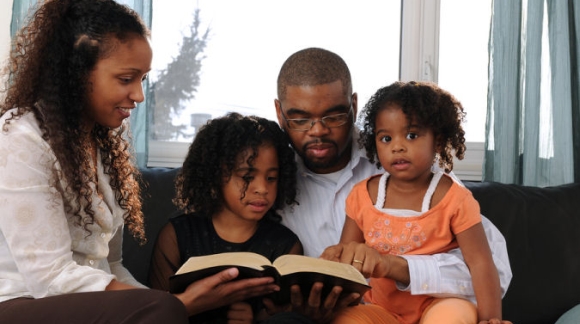
When There’s Church At Home
Our readers will have heard that the First Presidency announced yesterday that all church meetings and activities have been suspended, due to the worldwide Covid-19 pandemic. As a result, most members and families will worship at home starting this Sunday. In addition, the Church’s counsel says, “We encourage members in their ministering efforts to care…
-
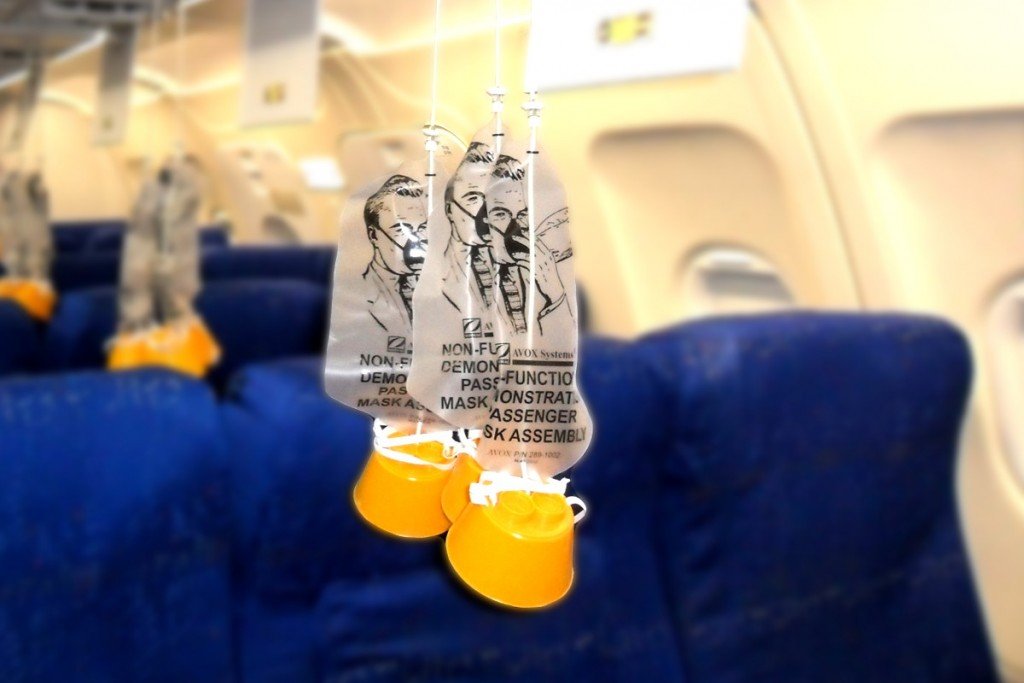
Reacting to Covid-19—How Will We Help?
All those who have traveled on commercial airlines know the instructions: In case of a loss of cabin pressure, put the drop-down mask on yourself first, and then on your child (or companion or others, I presume). The same idea applies to any disaster: secure your own situation first, then help others. This applies to…
-
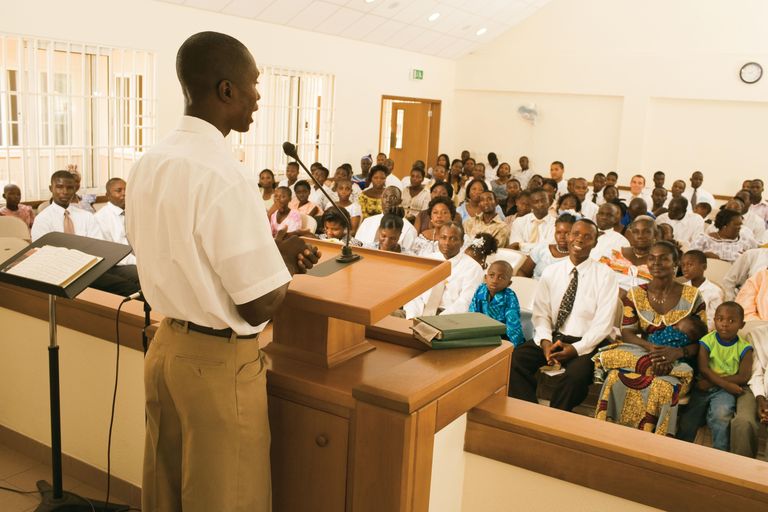
What Can’t Be Discussed in Church
In a podcast I listened to recently, a man who had left the church described going to sacrament meeting with his still-believing wife and feeling upset at what was said in church. He had come to believe that certain claims that are regularly stated at church were not true, and hearing them was uncomfortable. Initially,…
-
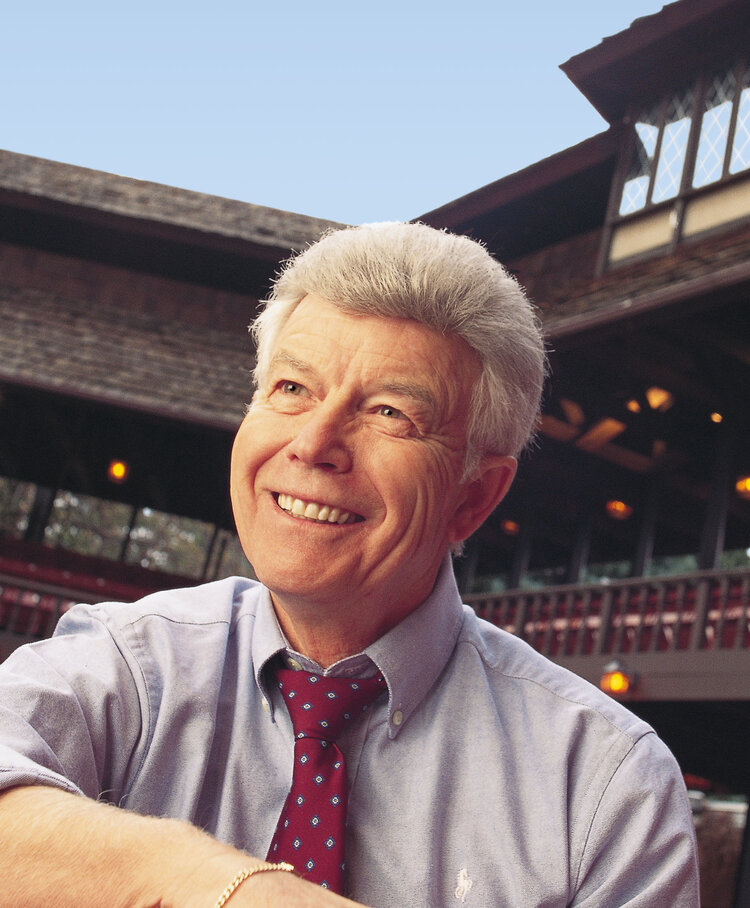
Six Funerals and the idea of Legacy
While I was at BYU years ago one of my best friends asked me to go with him and his wife to Cedar City to the Utah Shakespearean Festival. His wife’s father had served a mission with the founder, Fred Adams, and her family had gone frequently over the years since Adams founded the festival.…
-
Times and Seasons Welcomes William Barlow
Times and Seasons hopes you will join us in welcoming our latest guest blogger, William Barlow. He is an attorney and graduate of Harvard Law School, where he regularly wrote for the Harvard Law Record, including a guest appearance on Fox News Business. William received his undergraduate degree in history from Duke University. Following law school,…
-
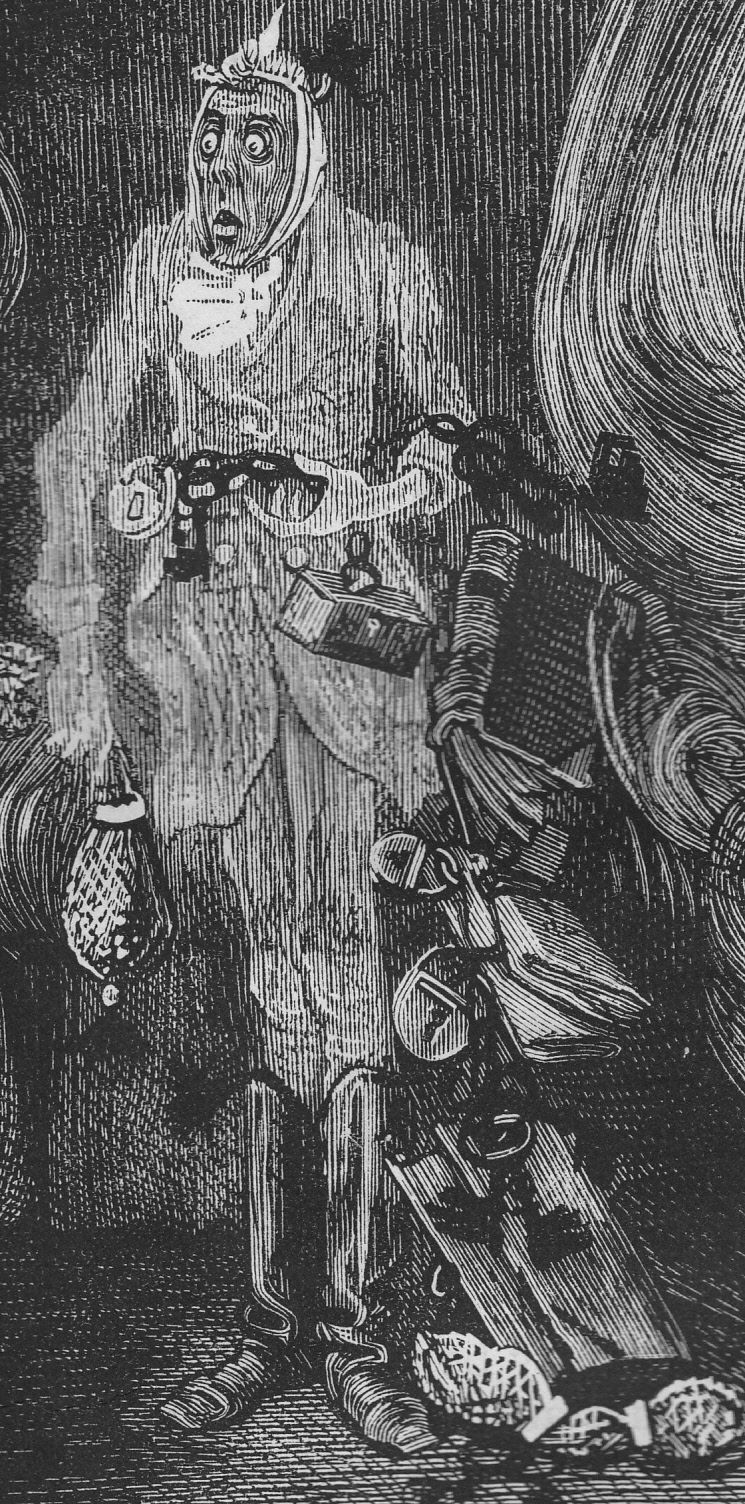
The Gospel According to “A Christmas Carol” II
As I mentioned in my last post, I read Dickens’ novella, A Christmas Carol each year at this time. As a result of reading it and re-reading it, for me this story has passed from mere entertainment to something much more. In the story Dickens introduces us to Ebenezer Scrooge, who is visited on Christmas Eve by…
-
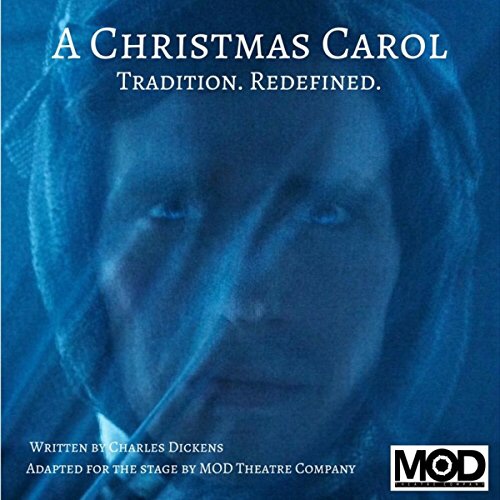
The Gospel According to “A Christmas Carol” I
At Christmas time, one of my holiday customs is to read Dickens’ novella, A Christmas Carol. I may be a little obsessed with the story — I have three different audio versions on my phone, including one produced by members of my home ward. As a result of reading it and re-reading it, for me…
-
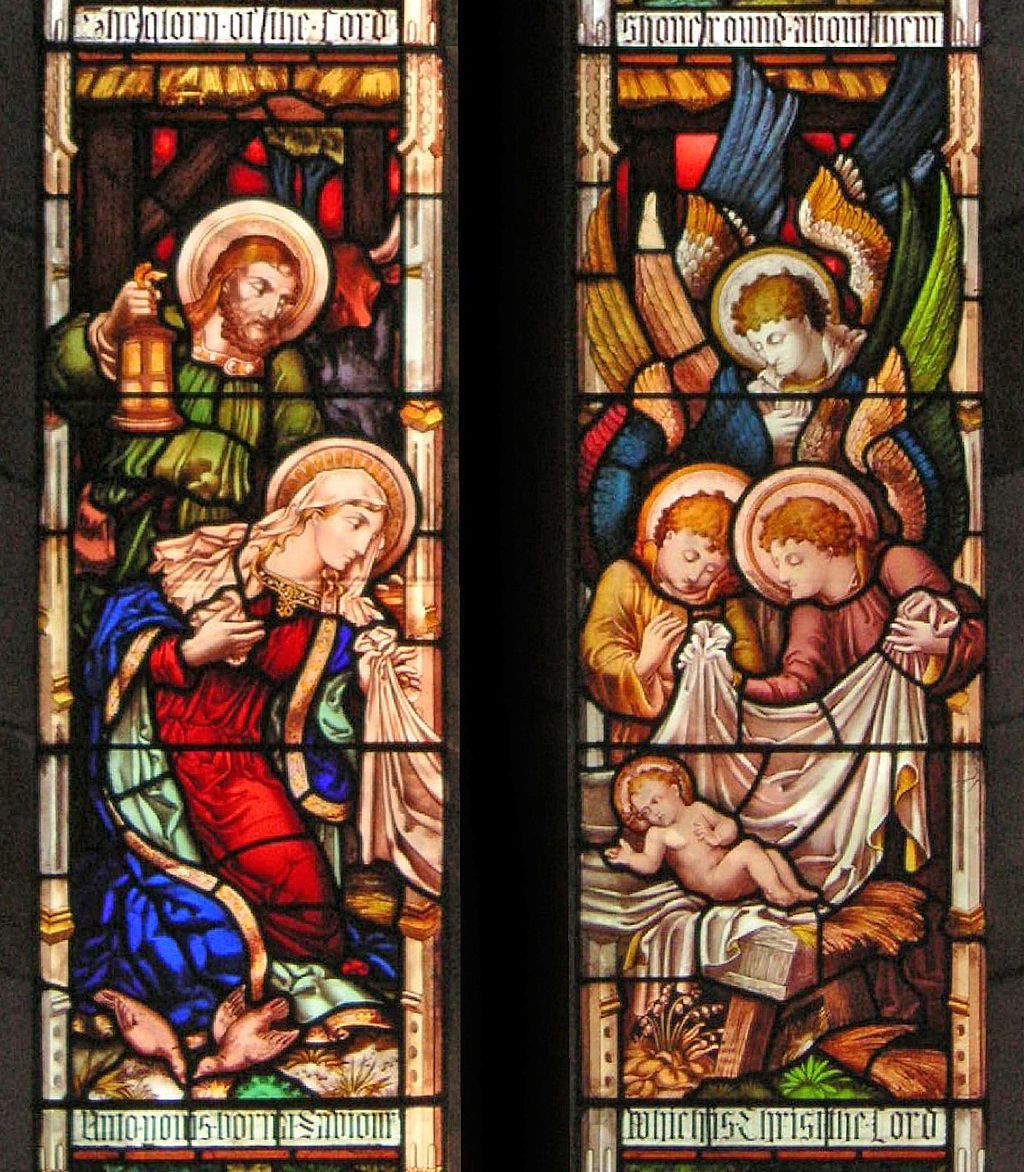
The Standard Christmas Sacrament Meeting
My sister recently sent the planned text for the sacrament meeting program in her ward (she is involved in the planning) to me and the rest of our siblings for our suggestions. It was fine, lovely even. It was full of Christmas hymns with brief introductory and concluding texts. Sound familiar? Other than this type…
-
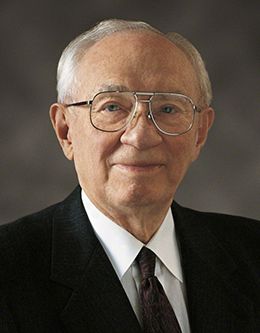
Taking President Hinckley Seriously
In the April 1997 General Conference Pres. Hinckley said everyone deserves “three things: a friend, a responsibility, and nurturing with ‘the good word of God’”[1. Gordon B. Hinckley, Converts and Young Men, General conference, April 1997]. If local leaders take this seriously, then: What responsibilities/callings can be given to someone who doesn’t think they are worthy?…
-
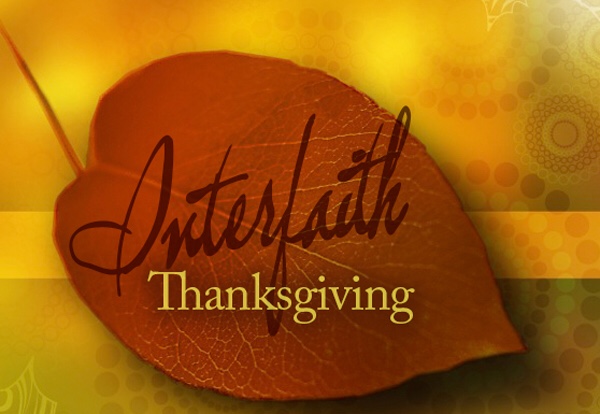
Toward a Universal Thanksgiving
This coming Sunday our neighborhood will hold its 6th annual Interfaith Thanksgiving celebration. As many as 500 members of Jewish, Protestant, Catholic and Mormon congregations will join together for a program giving thanks and blessing children, followed by a communal thanksgiving dinner[1. FWIW, the keynote speaker this year is Dr. Ruth Westheimer! who is a…
-
Tithing and Rules
My brother-in-law called me last week to get my advice about a tithing question, in part, I think, because I have an accounting degree. He had inherited his parent’s home, and needed to pay tithing on it. But it would take time to sell the home, if he decided to do that, and the value…
-
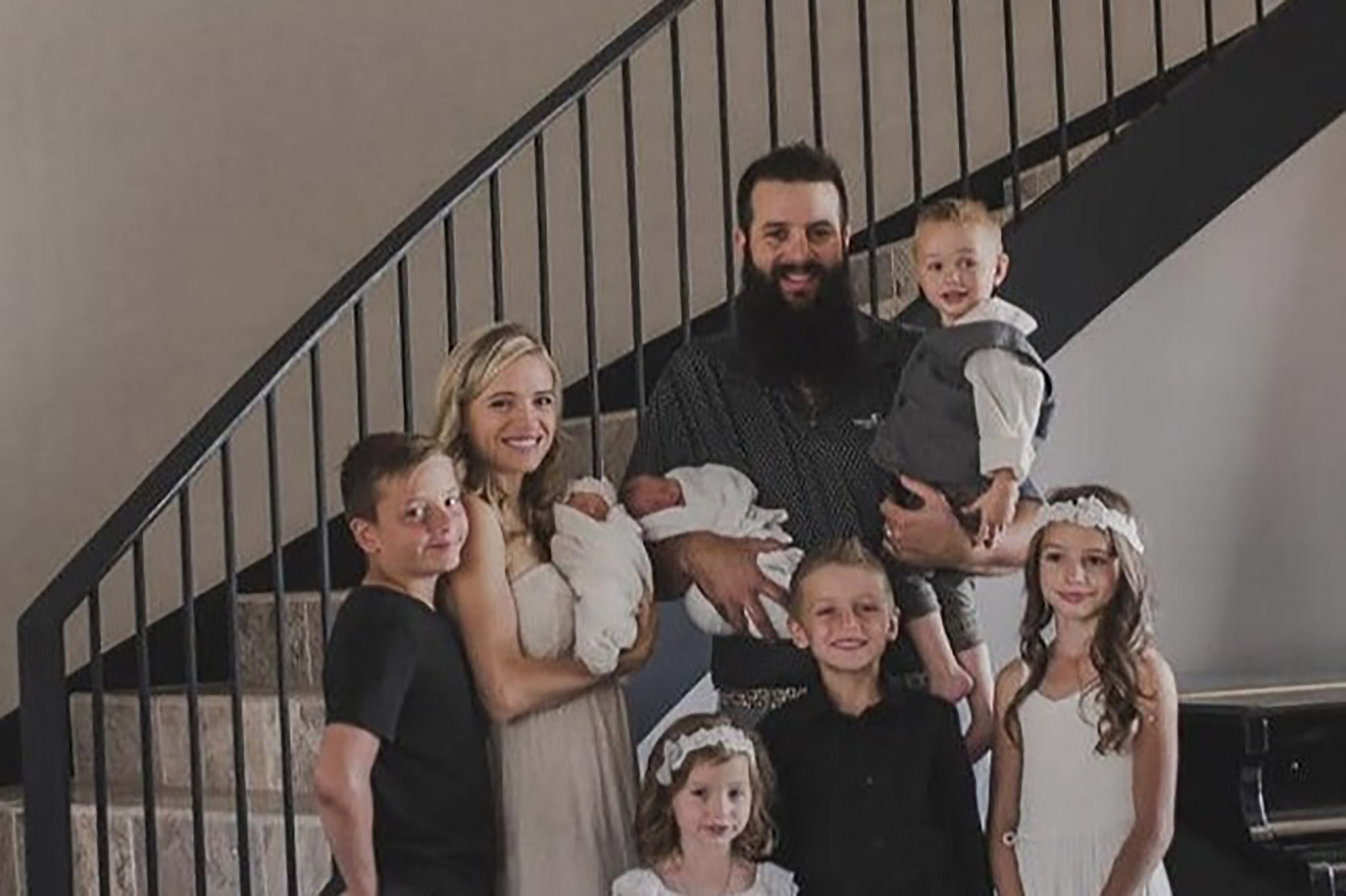
They are closer than you think
I read with horror the news this week that 9 fundamentalist Mormons in Northern Mexico were murdered, as did many of you. But at first, no doubt like many church members, I thought that this news had nothing to do with me. After all, they aren’t members of the Church, as the public affairs statement made…
-

Mormon Life on the Moon
I’m old enough to remember the moon landing, 50 years ago today. And I’m old enough to admit that I thought humanity would be much farther along in exploring our nearest neighbor than we are. But I’m encouraged by recent activity — it feels like we are close to going back and going back permanently. If…
-
GenConf: Sunday Afternoon Session
Choir: He Is Risen President Uchtdorf conducted this opening session. Choir: My Redeemer Lives Invocation: S. Gilford Nielsen Choir: He Sent His Son Elder Robert D. Hales: Preserving Agency, Protecting Religious Freedom The blessings we enjoy now are because we made the choice to follow the Savior before this life. To everyone hearing or reading these…
-
GenConf: Priesthood Session Notes
President Uchtdorf conducted this opening session. Choir: For the Strength of the Hills Invocation: David L. Beck Choir: On This Day of Joy and Gladness President M. Russell Ballard: The Greatest Generation of Young Adults I know I speak for my brethren when I tell you that we wish it was possible for us to know…
-
GenConf: Saturday Morning Session Notes
Choir: Guide Us, Oh Thou Great Jehovah President Uchtdorf conducted this opening session. Choir: Glory to God on High Invocation: Timothy J. Dyches President Henry B. Eyring: “Is Not This the Fast that I Have Chosen?” When we offer succor to anyone, the Savior feels it as if we reached out to succor Him. There are…
-
Times and Seasons’ 2014 Mormon of the Year: The Authors of the LDS Gospel Topics Essays
Times & Seasons is proud to announce the 2014 Mormon of the Year: Authors of the Gospel Topics Essays. The Mormon of the Year is our annual designation of the Mormons who had the greatest impact or influence on Mormons and Mormonism during the year. Beginning in 2013 the LDS Church has published a series…
-
Vote for Mormon of the Year 2014
This post opens the voting for Mormon of the Year. Votes will be taken until midnight Eastern Time on Wednesday, January 7th, at which time the voting will close. The voting mechanism will attempt to restrict votes to one per person. The order of the choices is set at random, and is different each time…
-
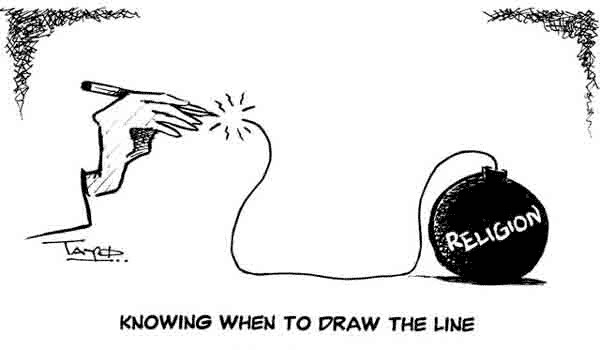
For I am not ashamed…
This past Monday one of the radio talk shows I listen to asked about what happened in Church during the weekend. In the wake of the grand jury decisions in Ferguson and Staten Island, the host, Brian Lehrer, asked how the religious sermons given in the region had confronted these decisions. Of course, in LDS…
-
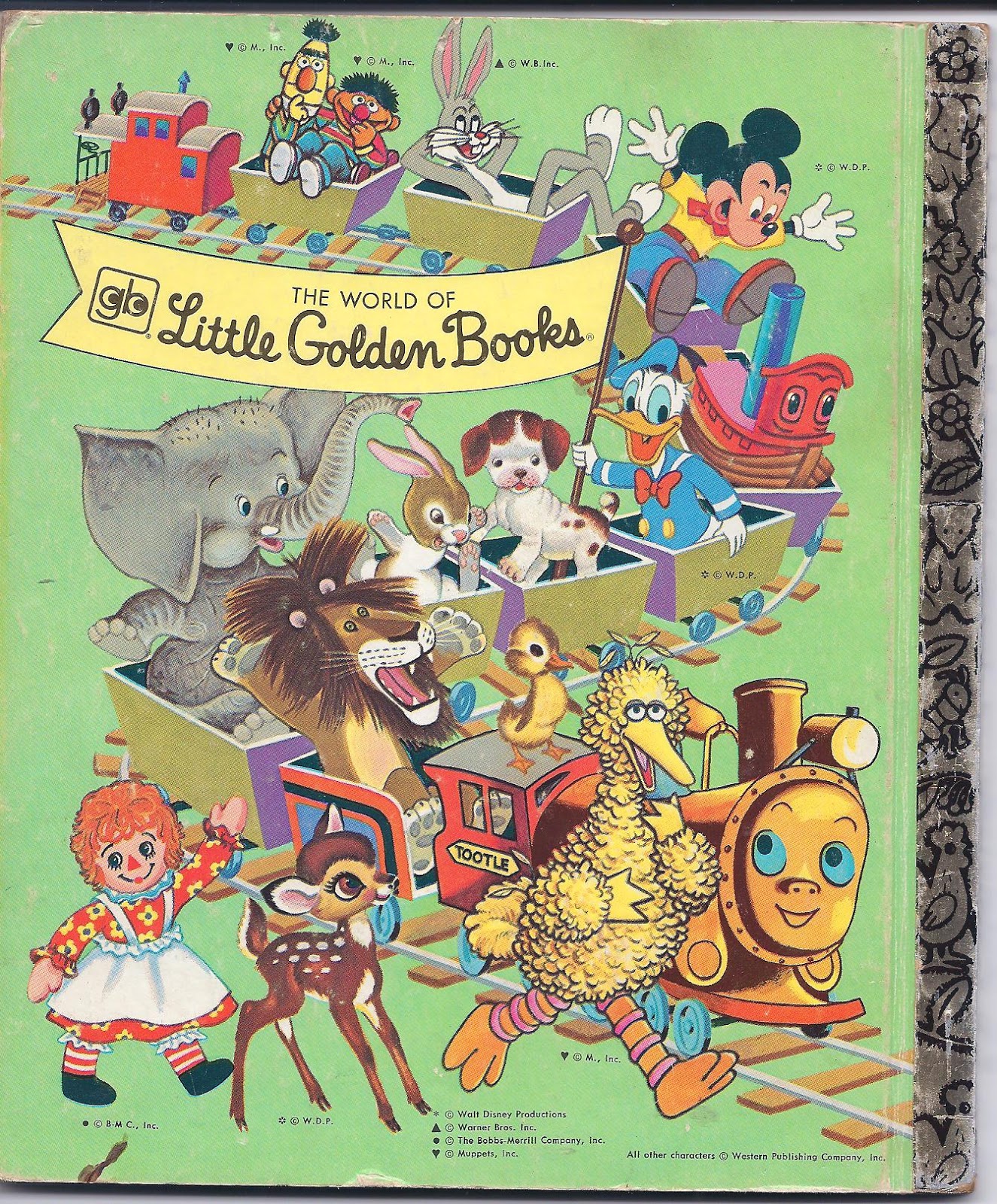
Expectations and Meet the Mormons
Early in my book publishing career, I worked for an innovative publisher of high-quality childrens picture books. One day, in conversation with my boss, the publisher, I criticized the Little Golden Books, a long-running line of cheaply produced picture books with very simple (and, I thought then, not very notable) stories. To my surprise, my…
-
GenCon: Priesthood Session
Welcome to T&S’ coverage of the Priesthood Session of General Conference. We welcome your comments. . Chorus: Rise Up O Men of God President Henry B Eyring is conducting this session. Chorus: Medley of Primary Songs Elder Quentin L. Cook — Choose Wisely “How do you expect me to catch the ball when I am…

